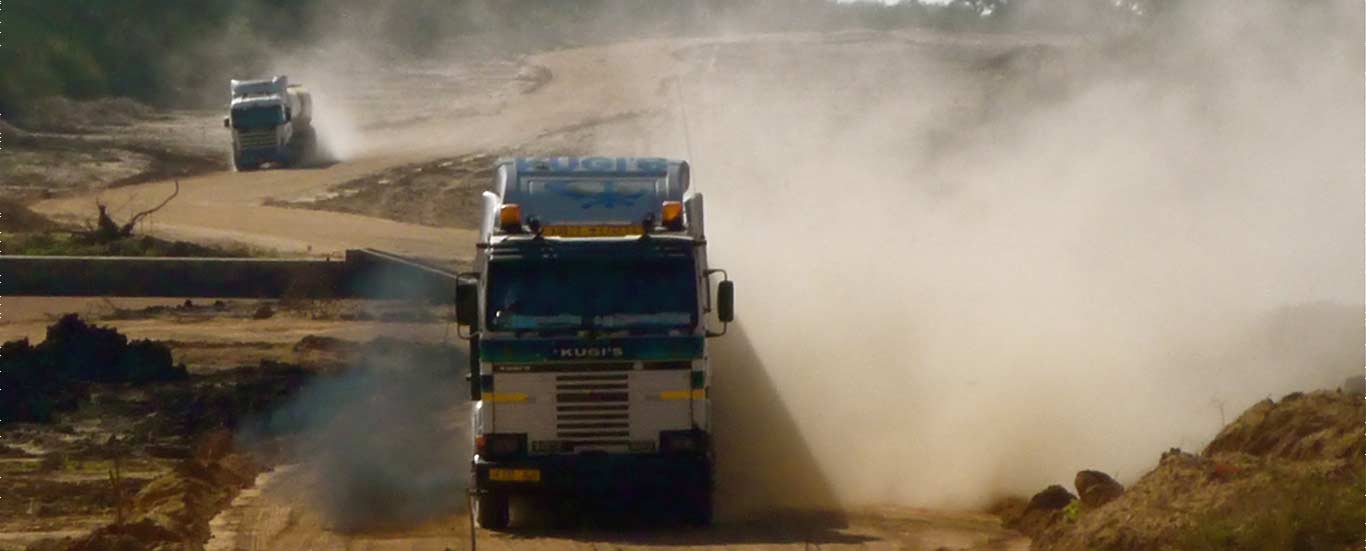Tanzania has recorded an impressive improvement in the area of logistics according to the Global Logistics Index Report prepared by the World Bank in 2016. The country has jumped by about 70 positions to be number 61 out of 156 economies that were ranked as compared to 2014 when it was ranked number 138. The Logistics Performance Index is an interactive benchmarking tool created to help countries identify the challenges and opportunities they face in their performance on trade logistics and what they can do to improve their performance.
Improvement in logistics can transform economies. Think of connecting the EAC region through efficient infrastructures where roads are passable in all seasons of the year, railway networks are operational and borders are traversable. That may amount to a significant gain to the consumers since logistical costs contribute substantially to final prices of goods in the region. Consumer gains resulting from reduced logistics cost can be very impactful in poverty reduction when goods such as agricultural inputs, medications, food, machineries are involved. Simplifying import processes with the rest of the world through enhancing logistic performance is an important mileage that should be achieved. Much as trading with the rest of the world is inexorable, ensuring the logistics processes within the region are at the top is a prerequisite requirement to augmenting the regional economic growth. Such efforts may lead to the increased intra-regional trade that ideally should be a building block to the increased regional exports to the rest of the world.
TradeMark Africa has been vanguard in promoting trade in the EAC region and last year through its support to Tanzania Private Sector Foundation (TPSF) National Freight and Logistics Platform was launched. Logistic sector in Tanzania has a number of challenges including; poorly maintained rail and road infrastructure; inefficient operational processes and poor access to key transport hubs; overlaps in administrative processes and unclear management structure, and outdated processes and insufficient human resource capabilities. Logistics costs limit the competitive participation of a country in trade since the delivered costs of imports are higher, exports are less competitive and attraction for foreign direct investment is diminished. TMA’s interventions focus on reducing the cost and time of doing business in the region as well as expanding trade opportunities to enhance the business environment. This can be achieved through augmenting the capacity of the logistics sector along the trade networks in the country whose impact will be reflected across the region. The logistics platform is the key mechanism through which the enhancing capacity of logistics players, adopting a strategy for logistics; implementing a monitoring mechanism for the strategy; improving coordination of logistics stakeholders and influencing policy will be handled.
Author: Elibariki Shammy – TMA Program Manager Business Competitiveness, Tanzania.















